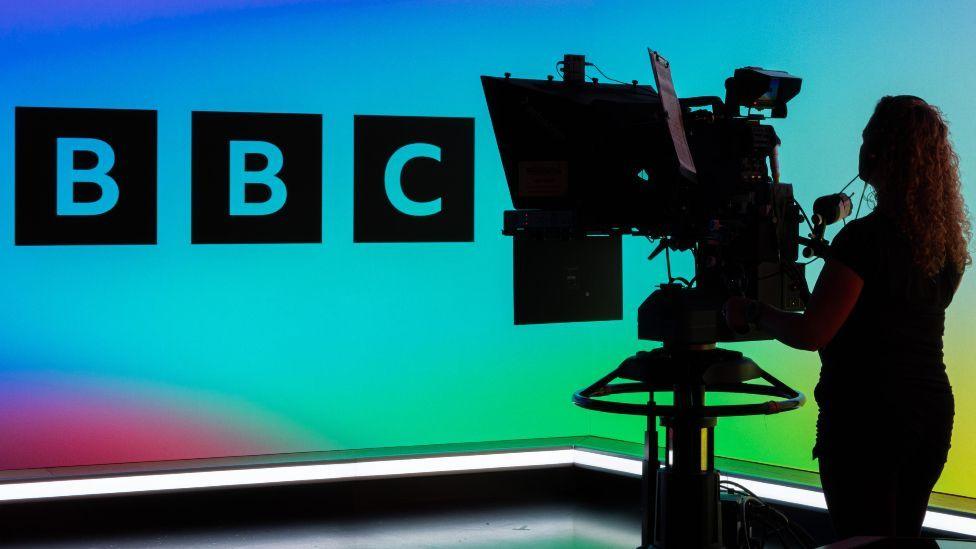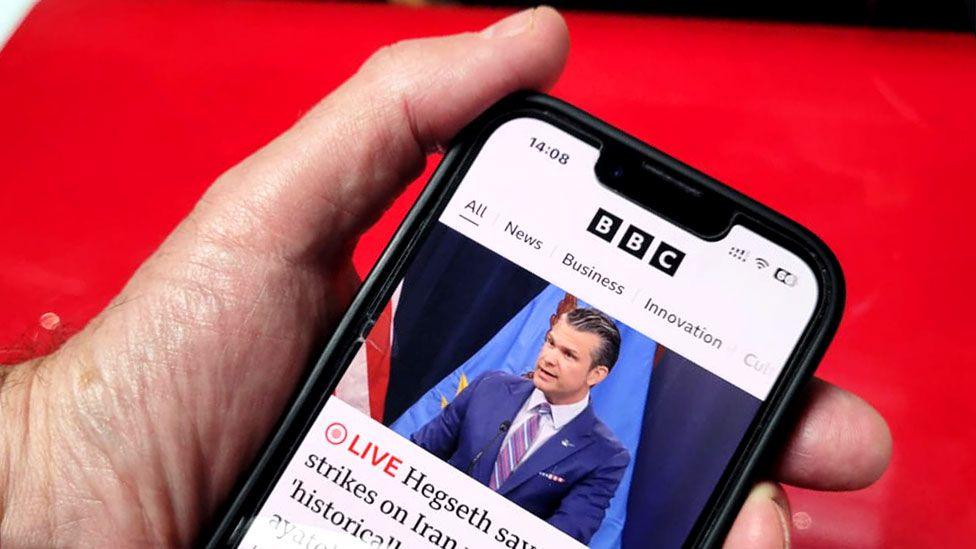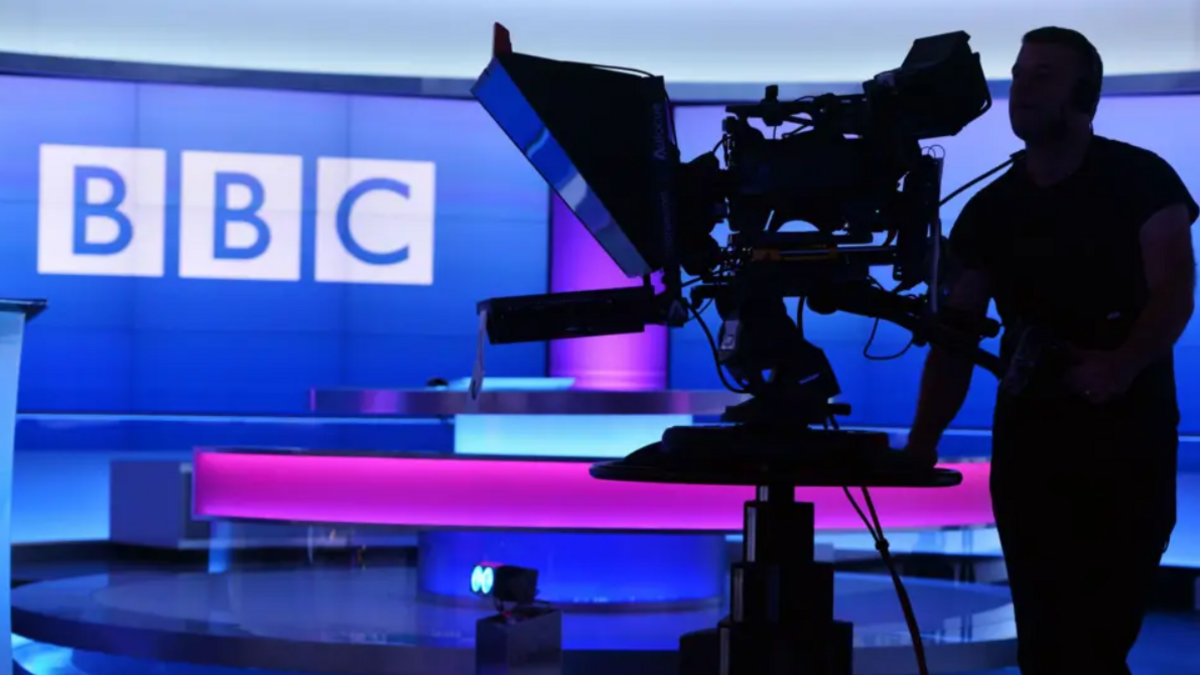BBC 'under pressure' to stay relevant, MPs say

- Published
The BBC is "under severe pressure" to remain relevant to all audiences and has failed to tackle rising rates of non-payment of the TV licence fee, a group of MPs has warned.
The House of Commons public accounts committee said the BBC's long-term relevance was at risk if it didn't do more to appeal to young audiences and other groups across the UK who felt overlooked.
The MPs said the corporation was now missing out on more than £1.1bn in potential lost income as a result of licence fee evasion and people saying they did not need a TV licence.
Committee chairman Sir Geoffrey Clifton-Brown MP said their report made clear that "the ground is shifting beneath the BBC's feet".
In response, the BBC said it accepted that the licence fee needed reform, but that any changes must "safeguard the BBC as a universal public broadcaster".
Long-term relevance
The MPs said young people used the BBC significantly less than others, meaning the broadcaster's mission to serve all audiences was "at risk as younger audiences choose other media providers".
"The BBC is currently a trusted institution, but its long-term relevance will depend on how well it reflects and engages with its audiences," the report said.
"Younger people use the BBC less than older audiences and perceive it as less relevant to their interests."
The BBC's relevance to other groups across the UK is also under pressure, it added.
"We are also concerned that decisions labelled as 'local', such as moving operations to Manchester or Birmingham, risk overlooking the identity and needs of smaller communities, especially in radio," it said, citing the merger of some shows between local radio stations.
In his statement, Sir Geoffrey said: "The BBC is an organisation under severe pressure. Its own founding aspiration to be a truly universal broadcaster reflecting all its viewers means that this pressure, from both within and without, is inherent in its mission."
How much is the BBC licence fee and how could it change?
- Published13 November
BBC must fight to restore trust, Nandy tells MPs
- Published11 November
BBC licence fee 'unenforceable', says culture secretary
- Published26 April
The committee also highlighted figures from the latest BBC accounts, which said licence fee evasion had risen from 12% to 12.5% - one in eight users - representing up to £550m of lost income.
Meanwhile, the 3.6 million people who said they did not need a TV licence, for example because they don't watch live TV, was worth up to £617m.
"Declining household participation and rising evasion has not been successfully tackled; BBC users not purchasing a licence is not fair to willing licence fee payers," the report said.
The total of £1.17bn for 2024/25 was up from £990m the previous year - a rise of 18%.
That is despite enforcement officers making 50% more visits to unlicensed homes in the last year, the MPs' report said.
New funding options
A BBC spokesperson said: "As was made clear in the committee session, the licence fee needs reform.
"We are actively exploring all options that can make our funding model fairer, more modern, and more sustainable, but we've been clear that any reform must safeguard the BBC as a universal public broadcaster."
The BBC is about to start negotiating with the government over its next royal charter, which sets out the terms of its funding and existence.
The BBC statement added: "We look forward to engaging with government, parliament and the public on the next charter to secure the long-term future of a publicly funded BBC that serves and delivers for everyone."
The report comes at a time of uncertainty after the BBC's director general and head of news resigned following criticism of editorial issues including a Panorama edit of a speech by Donald Trump, who has threatened to sue for up to $5bn (£3.8bn).
Related topics
- Published13 November

- Published26 June

- Published29 January
